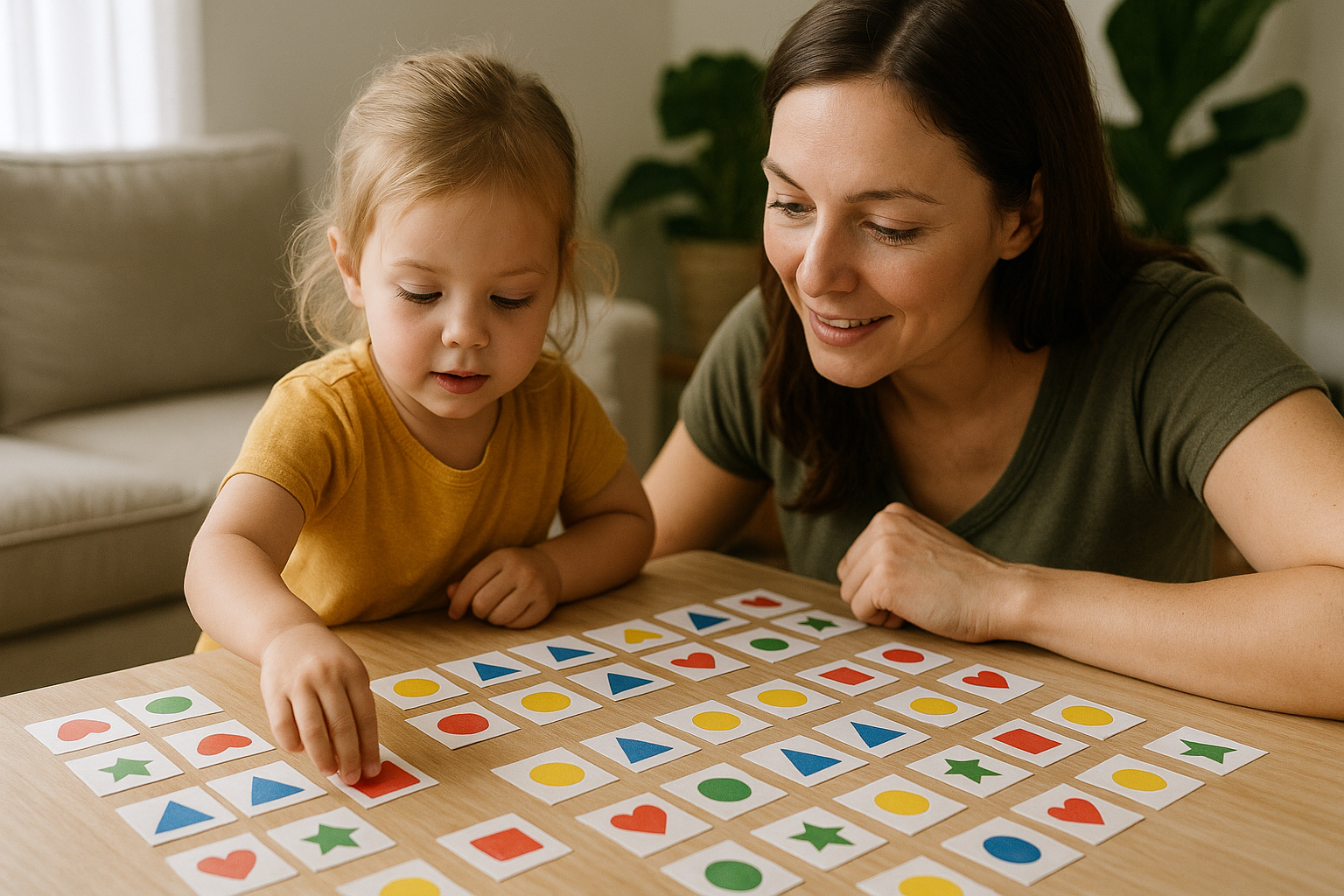Logical thinking may sound like an advanced cognitive skill, but the foundation for this kind of reasoning begins in early childhood. Children as young as 2 can start developing basic logic through games, sorting, puzzles, and storytelling. These early experiences help build problem-solving abilities, pattern recognition, and sequencing—all essential for future academic and life success.
In this article, we’ll explore simple, engaging activities that you can do at home to stimulate logical thinking in children ages 2 to 6.
Why Logical Thinking Is Important
Logical thinking helps children:
- Identify patterns
- Make predictions
- Solve problems
- Understand cause and effect
- Organize and sequence information
These skills become the basis for math, science, reading comprehension, and everyday decision-making.
The best part? Children develop logic most effectively through play.
Foundational Concepts in Logical Thinking
Before diving into activities, here are a few cognitive skills that logical play supports:
- Sorting and categorization
- Matching
- Sequencing
- Classifying
- Comparing and contrasting
- Cause and effect
All of these skills can be introduced in age-appropriate ways—no worksheets required.
Everyday Activities That Support Logical Thinking
1. Sorting Games
Give your child a mix of items—buttons, toy animals, socks—and ask them to sort by:
- Color
- Size
- Shape
- Type
Add complexity by introducing a second rule (e.g., “Sort by color and size”).
Skills built: Classification, focus, attention to detail.
2. Pattern Play
Use beads, colored blocks, or drawings to create repeating patterns:
- Red, blue, red, blue…
- Square, circle, triangle…
Ask your child to complete the pattern—or create their own.
Skills built: Sequencing, prediction, memory.
3. Story Sequencing
Use picture cards or hand-drawn images to represent steps in a story (e.g., brushing teeth, baking a cake). Mix them up and ask your child to put them in the right order.
Skills built: Time awareness, comprehension, logic.
4. Cause-and-Effect Experiments
Simple household experiments teach cause and effect:
- What happens when you mix vinegar and baking soda?
- What if you press a sponge in water—where does it go?
- What makes the tower fall over?
Ask questions like:
“What do you think will happen next?” and
“Why do you think that happened?”
Skills built: Prediction, analysis, reasoning.
5. Yes/No and Either/Or Games
Play “Is this true?” games:
- “Can a dog fly?”
